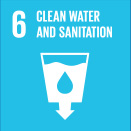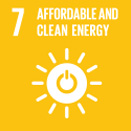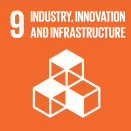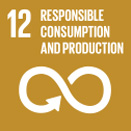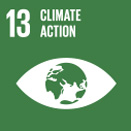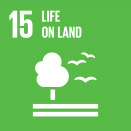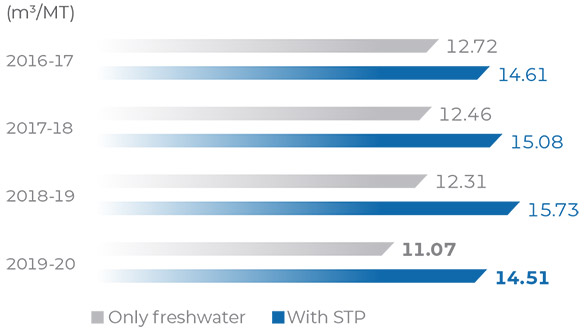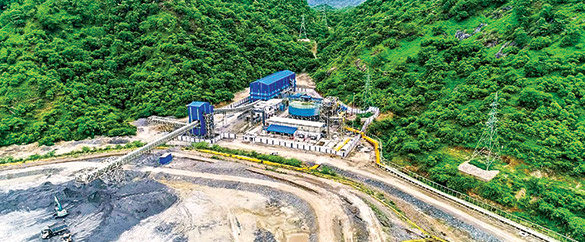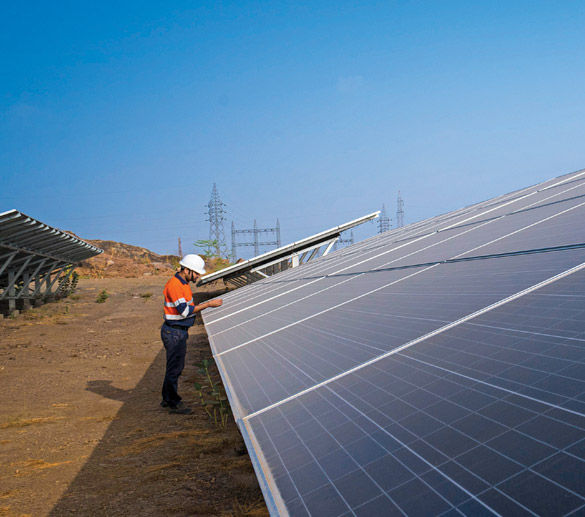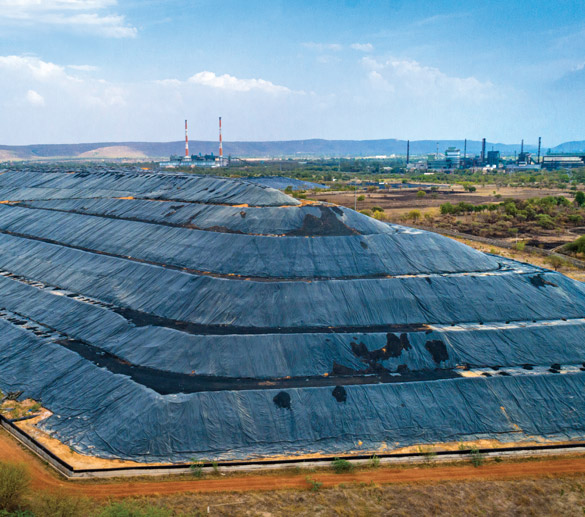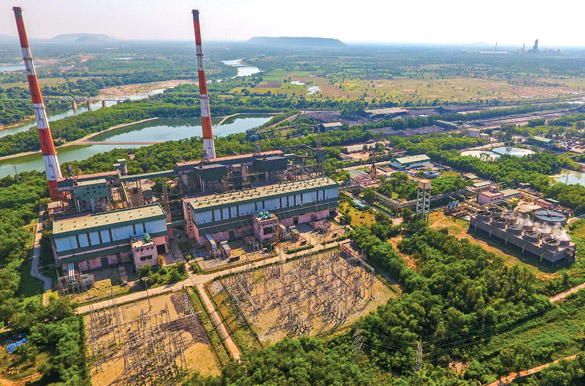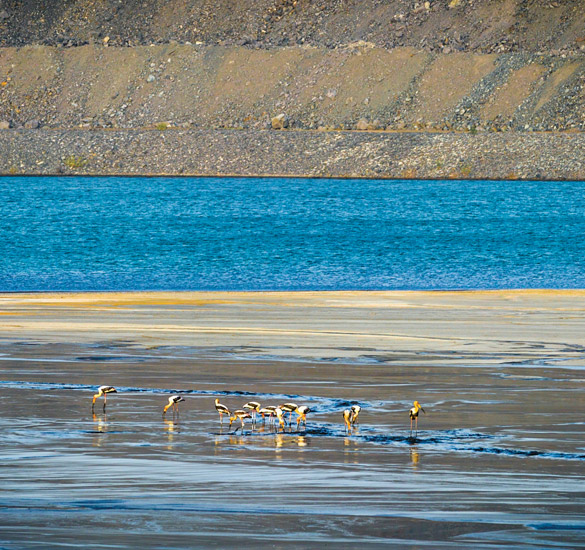Adopting TCFD Recommendations
In 2015, Financial Stability Board created
the Task force on Climate related Financial
Disclosure (TCFD) and in 2017, TCFD published its
recommendations around four pillars of governance,
strategy, risk management and climate-related
metrics and targets.
We are conscious of the climate change and its
impacts on our activities and have initiated the
adoption of TCFD framework for climate change risk
and opportunity management. We are in the process
of conducting a detailed gap analysis against the four
core elements of the TCFD framework. To kick-start
and support the implementation, we organised
an interactive session for our senior management
to understand the requirement of the TCFD
through renowned consultant and also conducted
an awareness webinar for all our employees on
climate change, TCFD guidelines and how they can
contribute to the same.
We have established a three-tier structure for
governing the risks and opportunities related to
climate change
- Tier-1: Vedanta Sustainability Committee and
Vedanta Carbon Forum
- Tier-2: Executive-level sustainability committee
at Hindustan Zinc
- Tier-3: Sustainability Task Force and Energy and
Carbon Community
We have defined the transition to a circular economy
as one of our strategic priorities, which will enable us
in realising our vision and mission.
Environment and climate change risks and their
mitigation actions are embedded in our critical
business activities, functions and processes. We are
also in the process of initiating the detailed climate
change related risk and opportunity assessment.



